Country: Malawi
Theme: Innovation, Self-Discovery, Memoir, Environmental Crisis
Rating: ⭐️⭐️⭐️⭐⭐️
I feel like I am not only speaking for myself when I say that I saw the film on Netflix before I knew there was a book. This book has also been on my bookshelf for several years (I ‘borrowed’ it from my sister and never returned it.) Since I am now doing book reviews; I felt this couldn’t have been a better time to bend the spine.
Now, all of us readers know that the book provides more information than any film adaption ever could. Still, I was only prepared to briefly learn about William’s childhood and then we would eventually get to the most exciting part of how he ‘harnessed the wind’.
Instead, William starts off with sharing stories from his childhood that have been passed down from generation to generation.
“Before I discovered the miracles of science, magic ruled the world”
Reading his childhood tales made me laugh out loud. I was having to imagine the maize fields, red soil, and smells of his homeland. You can tell he admires his father because when telling of his own childhood he often mentions how his father spent his early adulthood before marriage. Tales of wizards, building cars from empty booze cartons, and hunting birds are just a few things that shaped the first few chapters of his story.
Once he turns 13, everything as he knew before changed. Sacrifices have to be made due to lack of rain & scarcity of food due to mismanagement within the government and environmental factors. Along the way he accidentally discoveries the world of science that will later help him in saving his community. The following year he still isn’t able to return to school because he isn’t to pay his schools fees, so instead he visits the library and goes through the books until he finds a textbook on using energy. Mind you, at the time Malawi had a population of 11 million, in which only 2% of the population were able to afford the benefits of (unstable) electricity.
He uses the textbooks (which were above his grade level) and experience he acquired during his youth to build his windmill. Starting from a smaller model to the base model we can google and find today. He did this all by the age of 14.
Mind you, he did not know all the Chichewa (his native language) translations to know what the English word meant until he asked the librarian or used the translation dictionary. Would you believe this is the same young man who had ended his primary year with grades in the C’s & D’s!!
In conclusion, I find it ironic as I am reading novels from a decade or more ago that the language can apply to us today. No matter the location, lack, or abundance of resources; we should all find a way to think outside of the box. Just as William became the unlikely one to succeed in his endeavors, we must all find a way to reach our breakthrough.
Create and reinvent even if it’s already been done, because it has not yet been done by you. The tables quickly turned when Williams’ peers who once’s laughed at him were the ones who traveled near and far anxiously waiting to see his windmill in action.
Also, the fact that the government was in denial of the hunger crisis isn’t a surprise. There are many African governments that are in denial of hunger, war, corruption and tribalism that affects the positive development within the countries.
Maybe now for us Americans, we will appreciate previous leaders that we once had. For we are now being dictated by a president who is also in denial about the damage that he is doing within our ‘united’ states.
Quotes:
"When planning misfortune for your friends, be careful because it will come back to haunt you. You must always wish others well."
“One head cannot lift up the roof” - Malawian Proverb
Everyone has the same hunger, son. We must learn to forgive.
The pictures in the library book had provided the idea, hunger and darkness had given me the inspiration, and I'd set out myself on this long, amazing journey.
Author Spotlight 💡
After news spread of his invention, William spoke at a TED conference in the city of Arusha located in Tanzania. His ingenuity and ability to overcome adversity were an inspiration to everyone. His broken English phrase "And I try, and I made it." became the motto of the conference.
In 2008, William founded a non-profit organization named "Moving Windmills Project" in order to be able to help support communities in Malawi.
In 2014, Kamkwamba received a bachelor of arts degree in environmental studies from Dartmouth College where he was elected to the Sphinx Senior Honor Society.

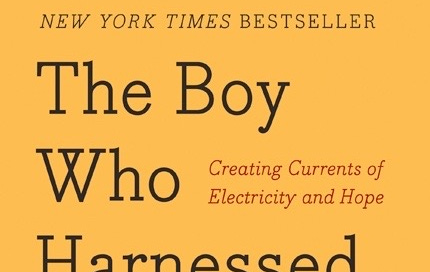


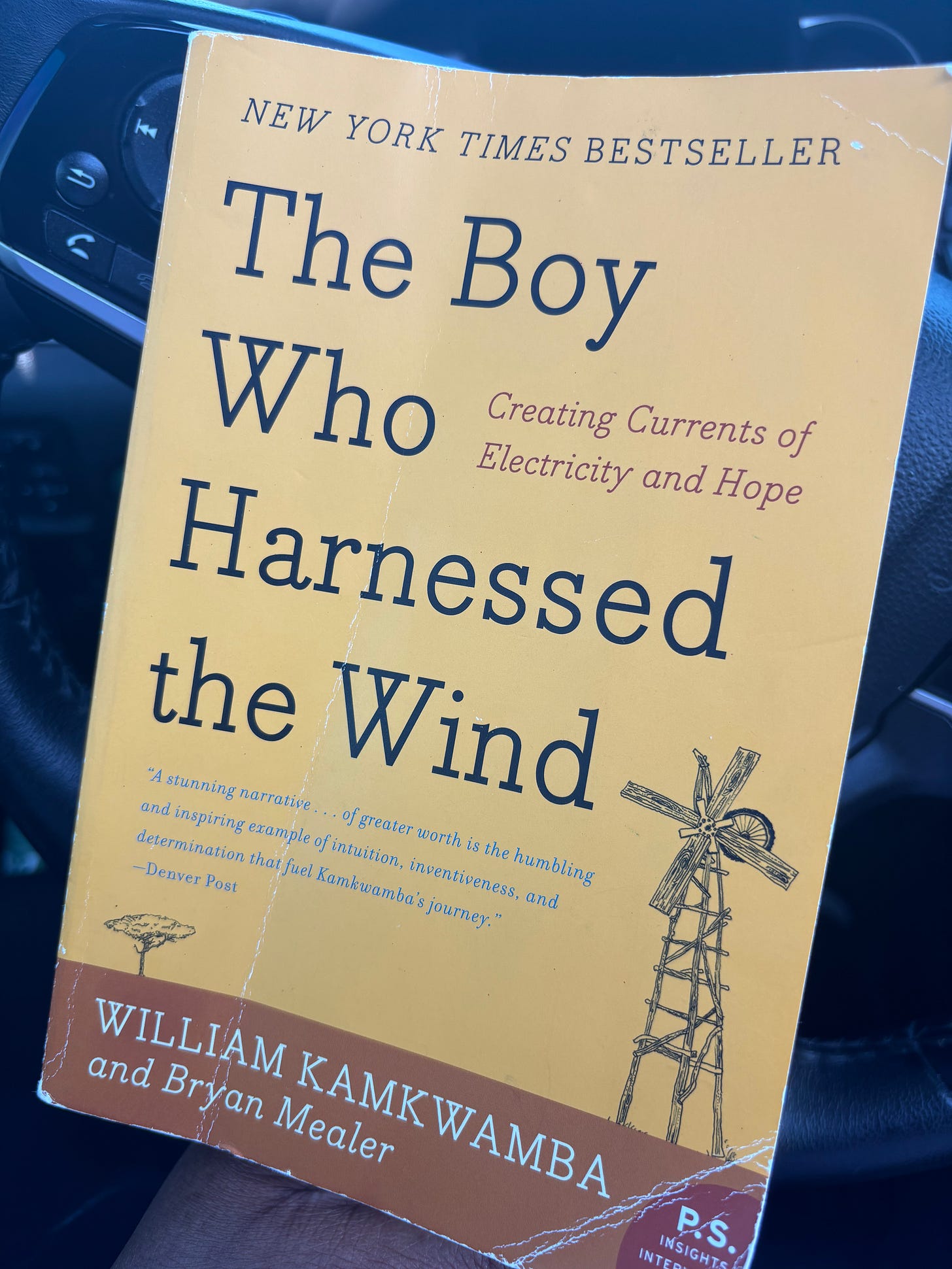
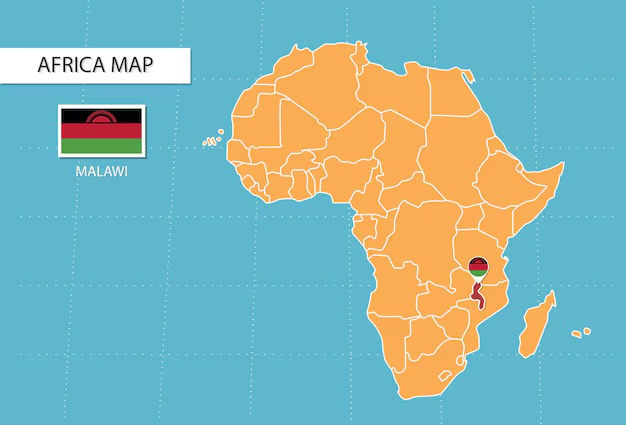
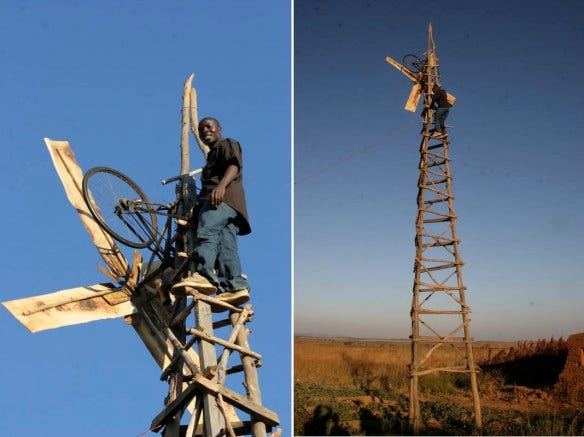
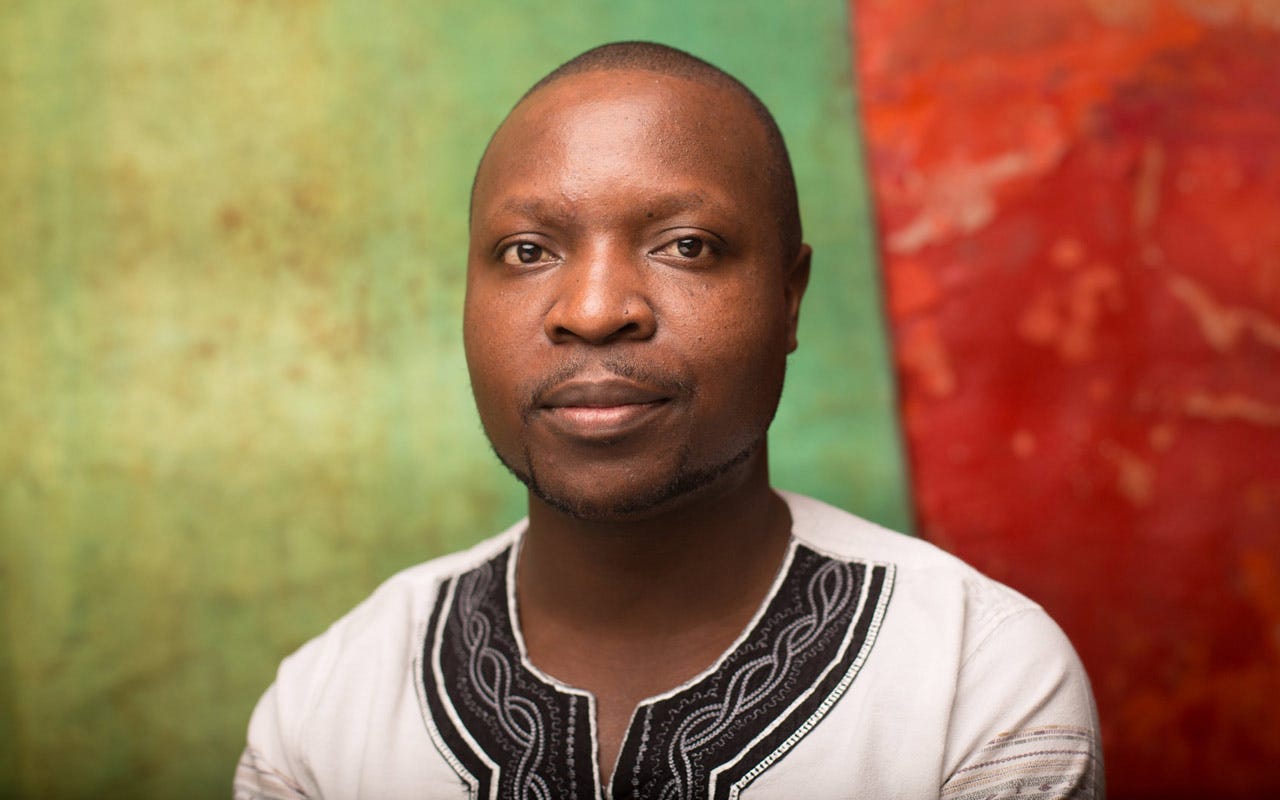
A very inspiring one, Lynelle. I've come across the story in other forms, but I'm yet to read the book. Will definitely read it for the full experience of this story of transformation.